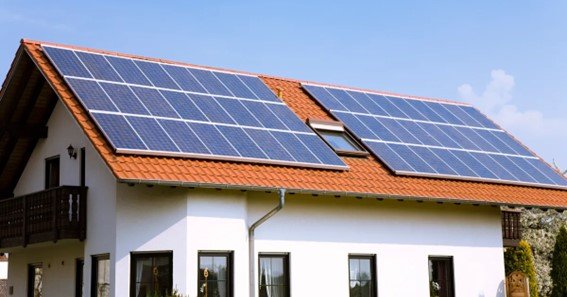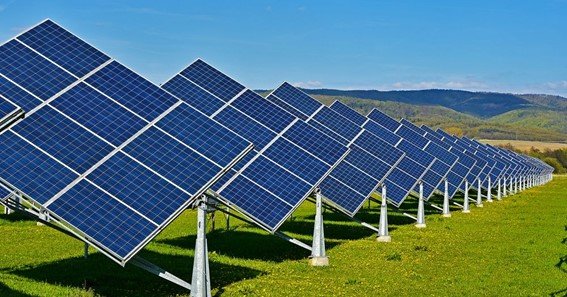Solar energy is rapidly becoming a major player in the world of renewable energy, thanks to its versatility and environmental benefits. But what is solar energy used for exactly? From powering homes to driving innovation in agriculture, the applications of solar energy are astonishing. In this article, we’ll reveal 7 incredible uses of solar energy that are transforming our world.
What is Solar Energy Used For?
Solar energy is a renewable energy source derived from the sun’s rays. Using solar energy technology, this energy is converted into electricity, heat, and even fuel for a wide range of purposes. Below, we explore what is solar energy used for in various industries and aspects of daily life.
1. Solar Energy for Electricity Generation
One of the most common uses of solar energy is generating electricity. Through solar energy for electricity generation, solar panels capture sunlight and convert it into electrical power. This is known as photovoltaic energy and can be used to power homes, businesses, and even entire communities.
The benefit of using solar power for electricity is that it’s clean, renewable, and reduces reliance on fossil fuels, which helps decrease greenhouse gas emissions.
2. Solar Heating Systems
Solar energy is also widely used for heating through solar heating systems. These systems use solar panels to absorb heat from the sun, which is then used to heat water or provide warmth to homes. In colder regions, solar heating systems are highly effective in reducing energy consumption and heating costs.
3. Solar Energy in Agriculture
In the agricultural sector, solar energy in agriculture is making waves. Farmers use solar panels to power irrigation systems, light greenhouses, and even run machinery. Solar-powered pumps, for example, provide a sustainable way to irrigate crops in remote areas without relying on grid electricity.
4. Solar-Powered Devices
The rise of solar-powered devices is another fascinating application. From solar-powered calculators and chargers to more advanced gadgets like solar-powered refrigerators, these devices show how solar power in daily life is becoming more accessible. They help reduce energy consumption while providing a portable and eco-friendly power source.
5. Solar Energy for Transportation
Solar energy is even powering some forms of transportation. Solar-powered vehicles, including cars and buses, are part of the future of green mobility. While still in development, the potential for solar energy to reduce emissions in the transport sector is enormous.
6. Solar Lighting Solutions
One of the simplest yet highly effective solar energy applications is solar lighting. From streetlights to garden lamps, solar-powered lighting solutions are used globally to provide light in both urban and rural areas. These systems store energy during the day and illuminate streets, homes, and public spaces at night.
7. Solar Energy for Desalination
Another revolutionary renewable energy use is solar-powered desalination. In areas with limited freshwater, solar energy is used to remove salt from seawater, making it drinkable. This technology has the potential to address water scarcity issues in regions affected by drought.
Benefits of Solar Energy
The benefits of solar energy are vast. Not only does it reduce carbon footprints and lower energy bills, but solar energy also offers energy independence, particularly for remote areas. It’s a clean, renewable source of energy that is abundant and increasingly affordable.

Conclusion
Understanding what is solar energy used for opens our eyes to the vast potential of this renewable energy source. From electricity generation to agriculture and transportation, solar energy applications are constantly evolving and helping create a more sustainable future. As technology advances, we can expect solar energy to play an even bigger role in powering our daily lives.
FAQ
What is solar energy used for?
Solar energy is used for a wide range of applications, including electricity generation, heating, powering devices, and even transportation.
What are the benefits of solar energy?
The key benefits include reducing greenhouse gas emissions, lowering energy bills, providing energy independence, and being a clean, renewable resource.
How is solar energy used in agriculture?
Solar energy is used in agriculture to power irrigation systems, greenhouses, and machinery, providing sustainable energy solutions for farmers.
Can solar energy be used for heating?
Yes, solar heating systems use solar panels to absorb heat from the sun, which is then used for water heating and home heating purposes.
What are some solar-powered devices used in daily life?
Solar-powered devices include calculators, chargers, streetlights, and refrigerators, among others, providing eco-friendly power solutions for daily use.










